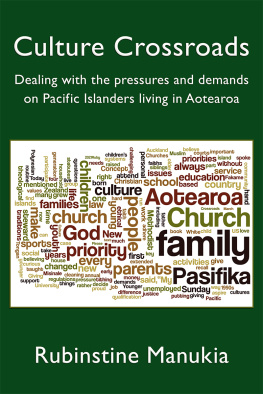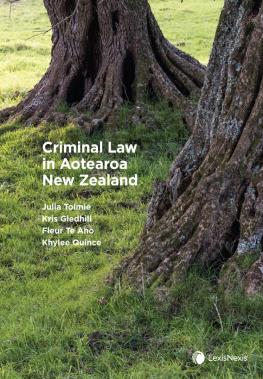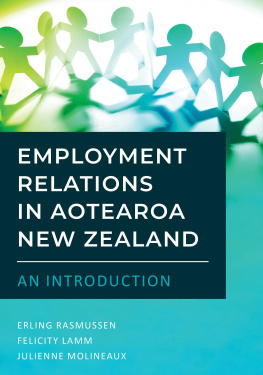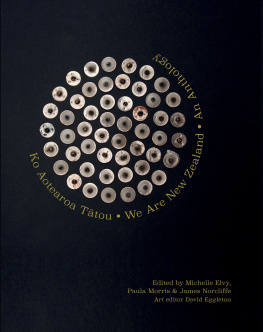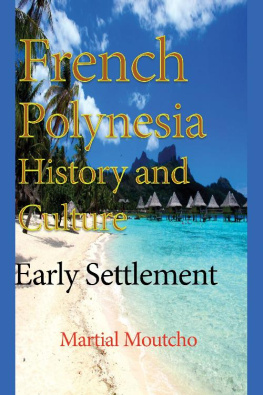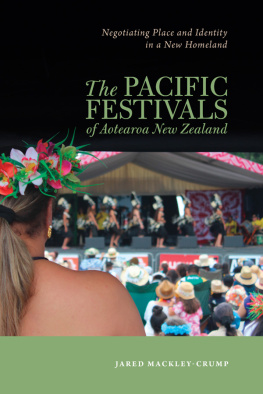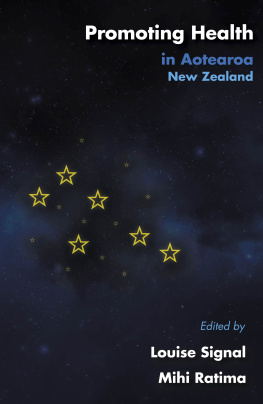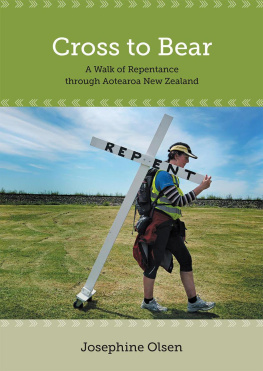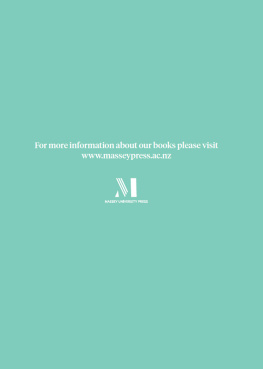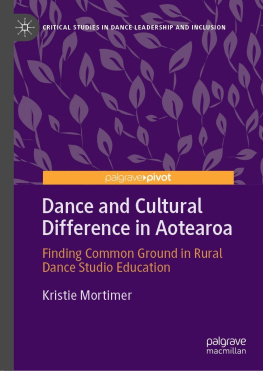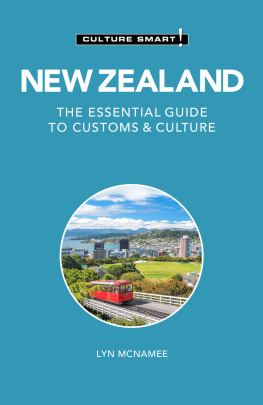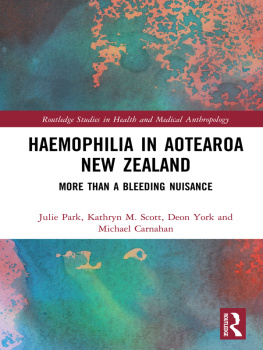Culture Crossroads
Dealing with the pressures and demands on Pacific Islanders living in Aotearoa
Rubinstine Manukia
Copyright 2021 Rubinstine Manukia
All rights reserved.
Edited by Sibley Schaumkell
The opinions expressed in this book are the authors own and do not necessarily represent those of the Methodist Church of New Zealand Te Haahi Weteriana O Aotearoa or the publisher.
The author and publisher gratefully acknowledge the financial support of the Methodist Church of New Zealand
ePub edition 2021
ISBN 978-1-98-857273-4
Philip Garside Publishing Ltd
PO Box 17160
Wellington 6147
New Zealand
books@pgpl.co.nz www.pgpl.co.nz
Table of Contents
Introduction
The idea for this book has emerged from 40 years of Methodism and my first-hand experience of growing up in a Christian family with Tongan values, culture, and traditions.
I grew up in a family where I witnessed the love of my parents for God, the Church and community. My father served as a Methodist Church steward for over 30 years. That love extended to the community and country we lived in, Aotearoa New Zealand, and our country of origin Tonga.
I begrudged that my parents sacrificed so much for the Church, which impacted on my adolescent years. It was the norm in my family to attend Church every Wednesday, Church cell group every Thursday, and youth activities every Friday. We cleaned the Church premises (including the toilets and hall) every Saturday. We attended Sunday school and the main service every Sunday. This was the cycle of my life growing up in a Christian household and I learned to accept it at an early age. I grew up believing that it was my culture and that I was bound by it. My siblings accepted the family routine without question. I on the other hand was less tolerant and more vocal in expressing my views and opinions. This sometimes landed me in hot water for challenging the family routine. I was a curious child with many questions about why, why, and why?
I questioned why we had to always attend Church; why we spent so much time at Church; why we had to tidy up after Church (when it seemed no one else had to clean up); why we had to participate in Fakame (the White Sunday celebration for children); why we had to always give money to the Church for Misinale (annual tithing). I had so many unanswered questions as a young child and dont recall ever receiving a satisfactory answer. Except that I was taught everything we owned and earned belonged to God and that if we contributed whole heartedly, we would reap what we had sown. This teaching was hard for a curious young girl to fathom in the 1980s and 1990s.
Today, while I can better understand the values and principles instilled by my parents about faith, family, and community, I dont adhere to them as rigidly with my own family as they did. Attending every church service is not always practical and missing a service is not a big issue. Our church now has a house steward who does the cleaning, whereas my father played the role of house steward and had us do the cleaning, even though he was head steward. I try my best to explain the meaning of White Sunday to my children and encourage them to participate in Fakame, but I dont force them to take part if they dont want to. However, I agree with annual tithing and contribute 10 percent of what I earn in tithings for Misinale each year.
Preface
Many Pasifika people feel under pressure in their lives in Aotearoa. When you migrate to a new country it is difficult to adapt to the new culture. Assimilating to the dominant culture is challenging.
In response to the demands of a new country, new culture and new surrounding neighbours, many older Pasifika people and those raised in the islands, choose to run their Aotearoa churches, and take part in the life of their church in the same way they did in the islands. This brings them comfort and a feeling of security.
Young Pasifika people born or raised mainly in Aotearoa are caught between the expectations of their parents and wider family to adhere to island culture and traditions and wanting to live a more relaxed kiwi lifestyle.
Successful Pasifika sports people, and professionals in other fields, are expected to give money to their extended family in Aotearoa and in the islands. In some extreme cases this pressure has caused young pacific youth and sports people to suicide.
Younger Aotearoa Pasifika people need to learn to put the needs of their immediate family and children first and be disciplined in how they handle their finances.
In this book, I propose that Churches in Aotearoa should have the right under the law of the country to decide for themselves on theological and ethical issues.
Churches own law courts and regulations should be recognised in statutes, as well as in the developing case law precedents. In the case of the Methodist Church our court is Conference, and the laws are documented in the
As a subset of this, Pasifika church members should have the right to adopt their own theological and ethical rules on key social issues such as cannabis use, assisted dying, same sex marriage and abortion.
Members of other faiths and cultures in Aotearoa should also have the right to decide for themselves on theological and ethical issues.
But, if this is taken to extremes, and handled badly, there could be serious clashes between secular statutes and regulations, and church or faith-based courts and justice systems.
Muslim people for example, might call for the introduction of Sharia law to govern their communities in Aotearoa, which could limit the rights and freedoms that Muslim women have under New Zealand law.
There is ongoing political and social debate as to whether Mori should be entitled to run their own iwi based justice systems.
These issues feed into an argument that Aotearoa should have a written constitution that acknowledges the tenets of all faiths, religions, cultures and ethnicities.
1 The Pasifika Concept of Giving
I grew up in a household believing that giving should be sacrificial. That serving God had everlasting effects and service was about being faithful. I experienced God always being there for my family. God provided the fundamental basic necessities in life, such as shelter, food, and clothing. I dont recall experiencing a time when I felt God had forsaken us. There were times when I wished that we had more in material abundance, but I was taught to aspire to make a difference and serve God, rather than aspire to make a fortune for myself. This resonates with me, and I live to make a difference and do things that really matter and have a lasting impact.
Challenging the Concept of Giving A New Generation
My concept of giving changed when I reached adulthood and started my own family. Having children changed my priorities and outlook on life. Putting God first is my top priority and I do things differently from how I was raised. I make my childrens personal, school, and educational needs a priority, including their extra-curricular activities. I am a dedicated sports Mum and an ardent sports fan. I support my children in their rugby, athletics, rowing, swimming, basketball, netball, gymnastics, and other activities.
I am a proud mother supportive of my family. I believe that spending quality time with your children and family is key for the growth and personal development of each individual for family unity. It is vital to have a personal relationship with our children, to gain their trust and confidence. To ensure that our children can turn to us when they face challenges, rather than turn away or to social media and the influences of the outside world. I count it a blessing to be able to attend my childrens school activities. My parents were not always available for my siblings and I due to the demands of the Tongan church and their responsibilities as church stewards. I knew my parents cared but their priority was the church.

